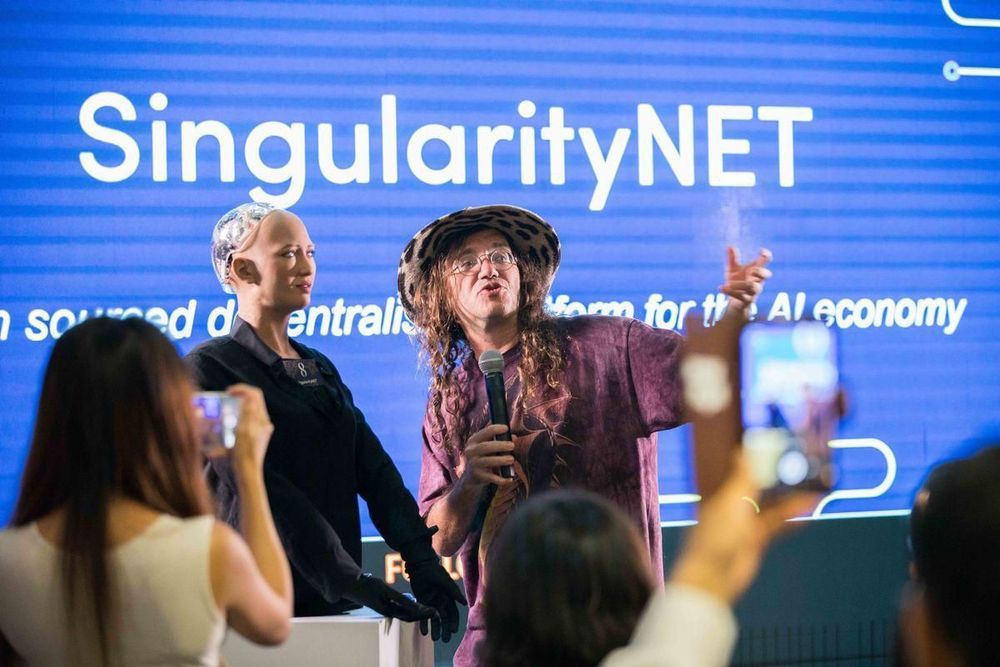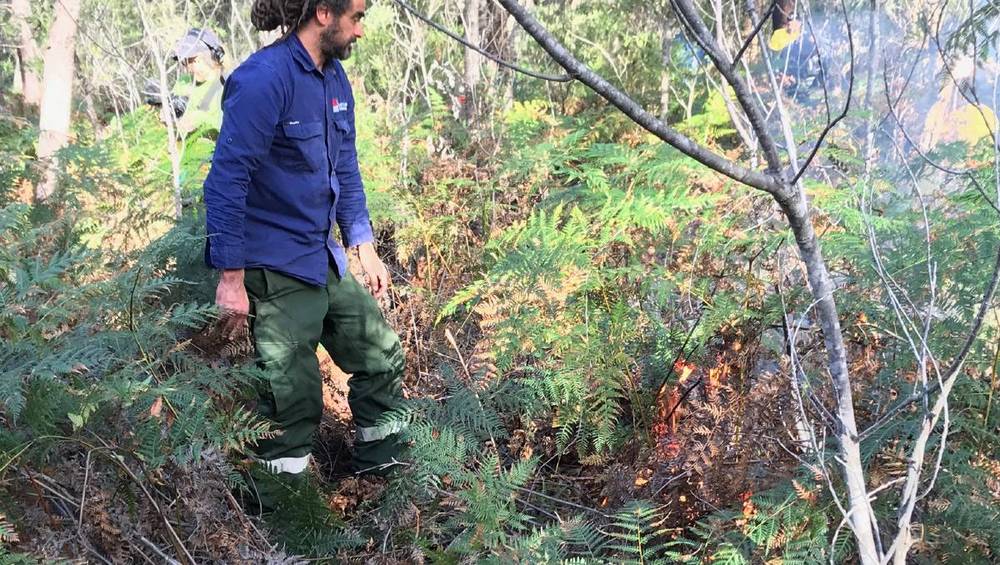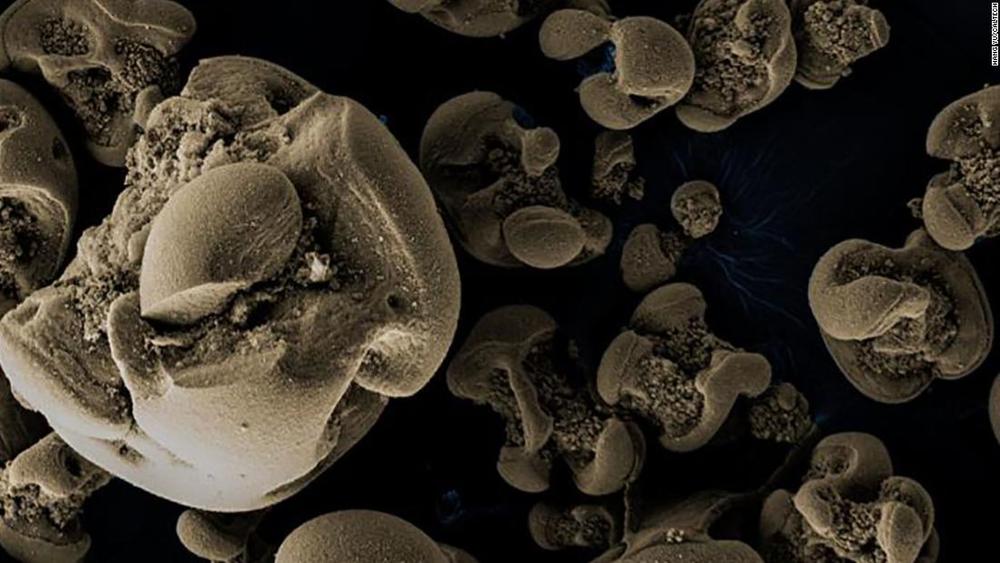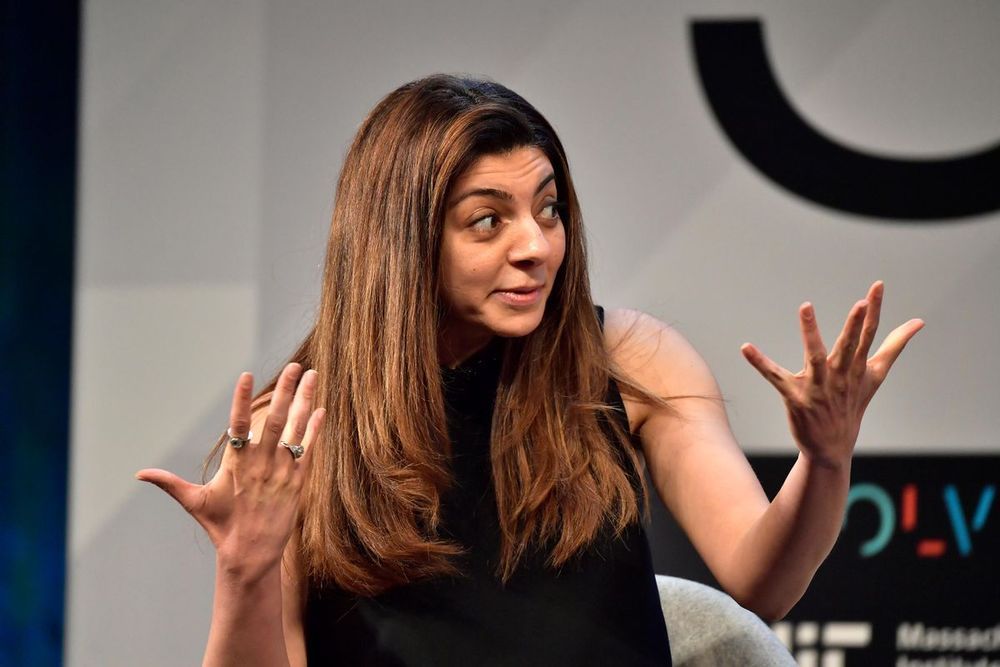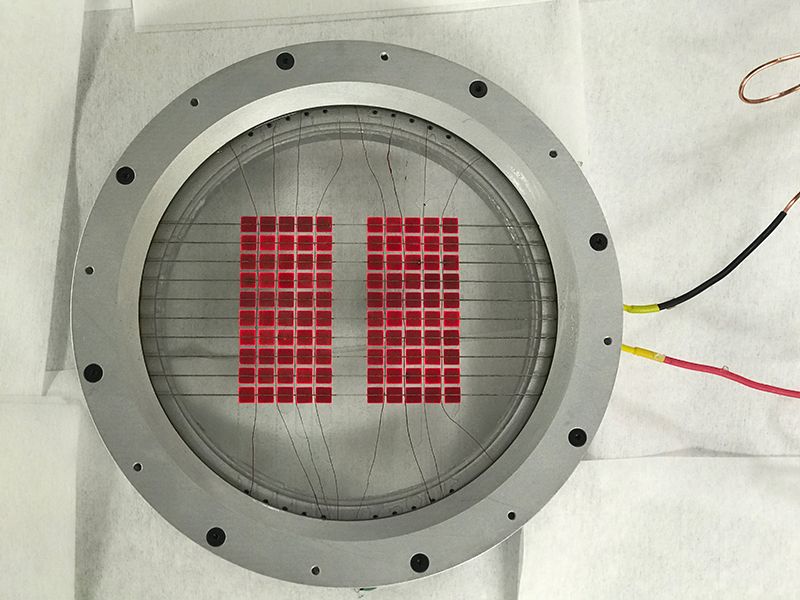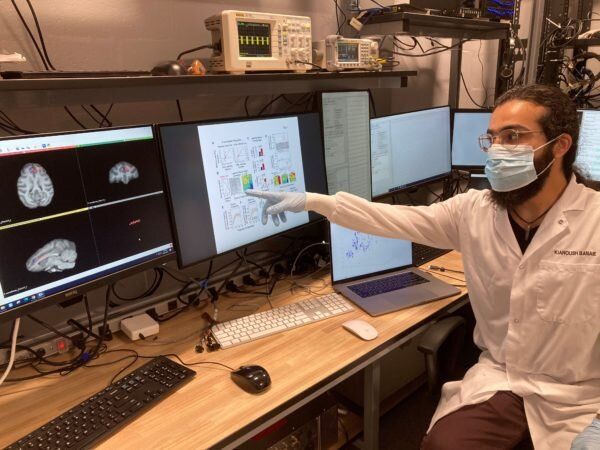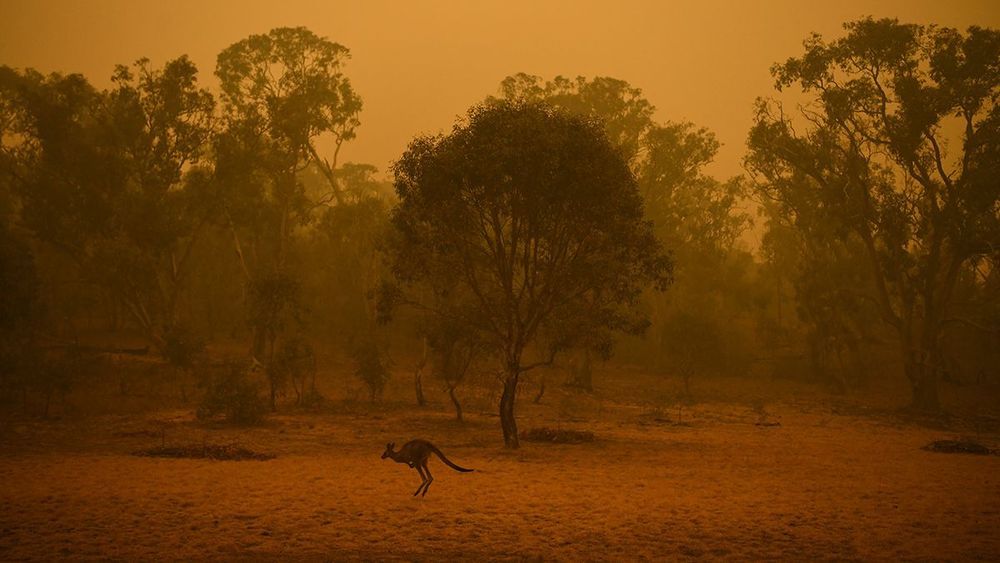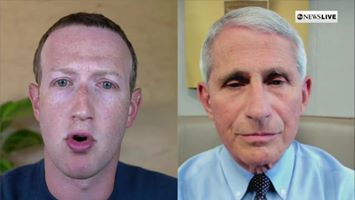Jul 16, 2020
Is Artificial General Intelligence (AGI) On The Horizon? Interview With Dr. Ben Goertzel, CEO & Founder, SingularityNET Foundation
Posted by Derick Lee in categories: robotics/AI, security, singularity
Dr. Ben Goertzel CEO & Founder of the SingularityNET Foundation is particularly visible and vocal on his thoughts on Artificial Intelligence, AGI, and where research and industry are in regards to AGI. Speaking at the (Virtual) OpenCogCon event this week, Dr. Goertzel is one of the world’s foremost experts in Artificial General Intelligence. He has decades of expertise applying AI to practical problems in areas ranging from natural language processing and data mining to robotics, video gaming, national security, and bioinformatics.
Are we at a turning point in AGI?
Dr. Goertzel believes that we are now at a turning point in the history of AI. Over the next few years he believes the balance of activity in the AI research area is about to shift from highly specialized narrow AIs toward AGIs. Deep neural nets have achieved amazing things but that paradigm is going to run out of steam fairly soon, and rather than this causing another “AI winter” or a shift in focus to some other kind of narrow AI, he thinks it’s going to trigger the AGI revolution.
